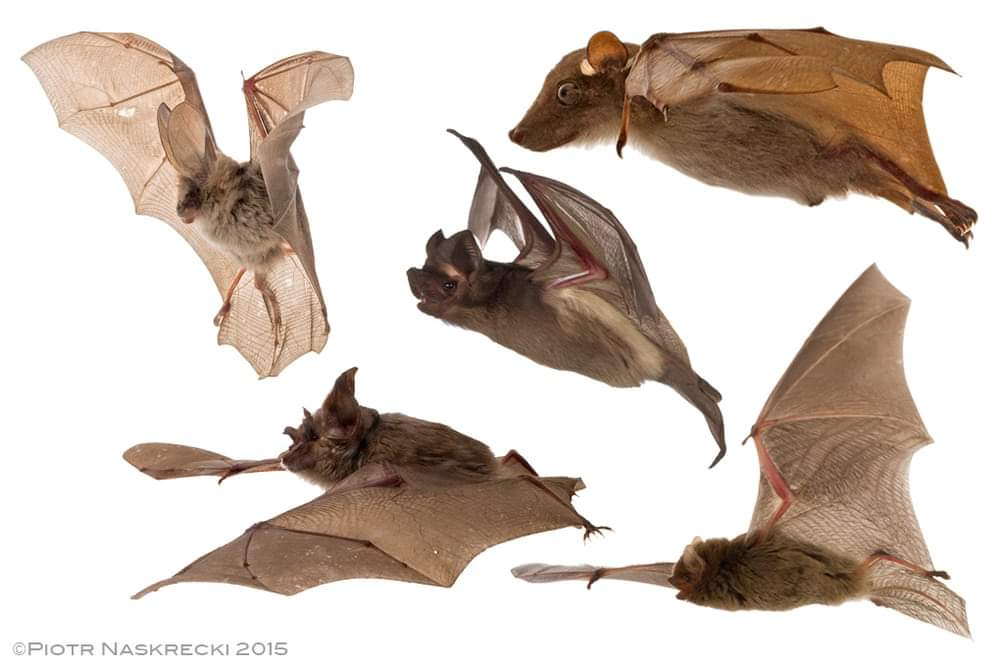"Roll over Weismann" Lamarck coming through

The paper "Roll over Weismann: extracellular vesicles in the transgenerational transmission of environmental effects" by Eaton et al. (2015) proposes that extracellular vesicles (EVs) may be a mechanism for the transgenerational transmission of environmental effects. EVs are small, membrane-bound particles that are released by many different cell types. They can contain a variety of cargo, including proteins, nucleic acids, and lipids. The authors of the paper review evidence that suggests that EVs can be transferred from somatic cells to germ cells. They also discuss evidence that exposure to environmental stressors can alter the RNA content of EVs. This suggests that EVs may be a way for environmental exposures to influence the epigenome of the germline, which could lead to transgenerational effects. The authors conclude that the "Weismann barrier" - the theoretical barrier that prevents information from the soma from being transmitted to ...





